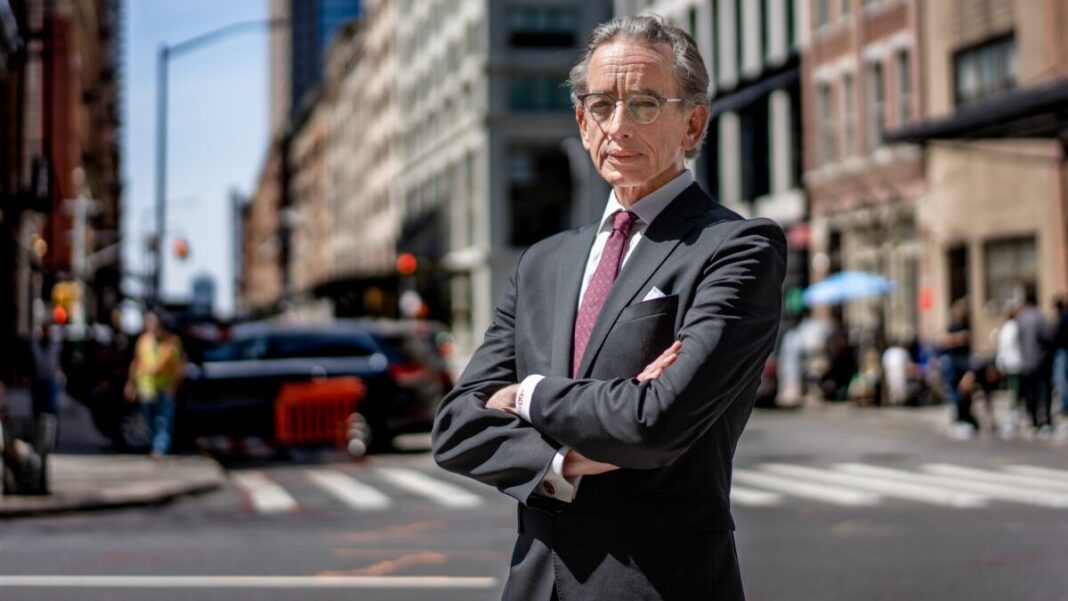An April 7 decision issued by the D.C. Court of Appeals may jeopardize a key legal backing used by the Department of Justice (DOJ) to prosecute participants of the Jan. 6, 2021, Capitol breach, according to attorney Albert Watkins.
“What this opinion did do was, it practically begged for other [Jan. 6] cases to be brought up to the Court of Appeals that would permit a more balanced opinion,” Watkins, who has represented four Jan. 6 defendants, including released prisoner Jacob Chansley, told The Epoch Times in an interview on April 11.
Watkins’ comment came after a three-judge panel at the D.C. Court of Appeals, on April 7, struck down a lower court’s ruling in a 2–1 vote, dismissing a federal charge against three Jan. 6 defendants, and rejected the lower court’s reasoning about the scope of the obstruction charge.
While the higher court’s ruling (pdf) allowed the DOJ’s prosecution of these three specific defendants—Joseph Fischer, Edward Lang, and Garret Miller—to continue, the impact of the higher court’s opinion extends beyond these cases, the attorney said.
According to Watkins, this extended impact has to do with the interpretation of a term about “corrupt” intention in the wording of obstruction charges, considering that the DOJ has been using the obstruction charge as an “attractive” legal tool to prosecute Jan. 6 cases and score plea agreements.
According to a provision in the statute for obstruction charge (18 U.S. Code § 1512 2(c)), “Whoever corruptly … otherwise obstructs, influences, or impedes any official proceeding, or attempts to do so, shall be fined under this title or imprisoned not more than 20 years, or both.”
A narrowed definition of this provision could hinder the DOJ’s ability to use the charge further and introduce uncertainties in the ongoing trials, the attorney indicated. The DOJ had charged more than 200 Jan. 6 defendants with obstruction-related charges.
“It should cause a certain degree of trepidation on the part of the Department of Justice about utilizing—in a very footloose and fancy-free fashion—the obstruction of an official proceeding charge as the count of choice for pleas,” Watkins said. “I will say it was, in many respects, an extraordinary opinion—more time was spent addressing potential issues not before the court than the issues actually before the court.”
By Gary Bai







